
THREAD: tsmcs billion boost a game...
LifeLine™ Media threads use our sophisticated algorithms to construct a thread around any topic you want, providing you with a detailed timeline, analysis, and related articles.

FEDERAL COURT Delivers Stunning WIN for Businesses, Blocks FTC on Data Privacy
— A federal court in Washington, D.C., just handed DataSecure and other tech companies a big victory. The judge ruled that the Federal Trade Commission went too far with its new data privacy rules and broke existing privacy laws.
Business groups are cheering. They say this ruling cuts out needless government red tape and lets companies operate with more freedom.
The Biden administration says it will fight back. Officials claim that consumer privacy and national security could suffer if the decision stands. Some civil liberties groups also worry about weaker protections for Americans’ personal data.
This case is likely just the beginning. More legal fights are expected as lawmakers scramble to react. How America handles data privacy could change for years to come.


RECORD FENTANYL Bust Shocks Nation: Hero Agents Stop Deadly Wave
— Federal agents just stopped a disaster. In a huge raid, they seized enough fentanyl to kill millions. The bust also included meth and cocaine, all meant for American streets. These drugs fuel violent crime and deadly overdoses across the country.
The DEA, FBI, and local police joined forces to target top traffickers linked to organized crime. Their plan was clear — stop the drugs before they hit big cities. Several key suspects are now behind bars as this crackdown continues.
Law enforcement leaders called this one of the biggest drug seizures in U.S. history. A DEA spokesperson said it will “seriously disrupt” criminal supply chains and warned traffickers that more raids are coming if they don’t stop now.
Communities hurt by drug violence hope these bold actions will save lives and make neighborhoods safer again. The investigation is ongoing as officials prepare more steps to break up these dangerous networks for good.

ENGLAND’S Stunning WIN Over West Indies Exposes Visa Rules Chaos
— England crushed the West Indies by 21 runs in their first Twenty20 match, keeping up their winning streak against the Caribbean squad. The West Indies were missing top bowler Akeal Hosein, who was blocked by new U.K. visa rules — a decision that hurt their chances.
Liam Dawson returned to England’s team after three years and delivered his best game ever. He took four wickets for just 20 runs, teaming up with Adil Rashid to shut down the West Indies’ hard-hitting batsmen.
Jos Buttler, England’s former captain, led the charge with a powerful 96 runs from only 59 balls. His performance helped England set a tough target of 189 runs.
The West Indies could not recover without Hosein and ended at 167-9. This match shows how strict immigration rules can shake up international sports — and leave teams scrambling for answers.
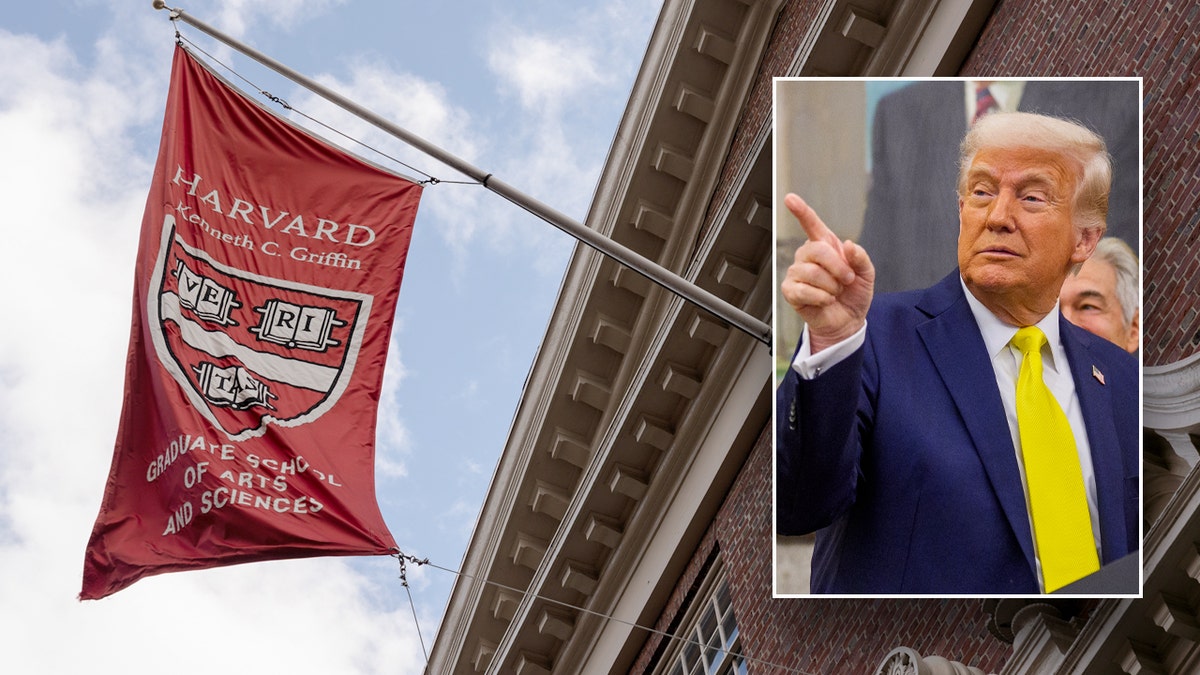
TRUMP’S Bold Harvard Visa Freeze Ignites Fierce Court Showdown
— President Trump stopped new student visas for foreigners at Harvard on June 4, 2025. This order is part of his larger push to crack down on immigration and protect national security. The White House also announced record ICE arrests and added more countries, like Afghanistan and Iran, to its travel ban list.
Harvard leaders, left-wing groups, and international critics quickly fired back. They claim the rule unfairly targets colleges and could hurt America’s reputation around the world. A federal judge soon blocked Trump’s order while the courts take a closer look.
Videos online show people arguing over what this means for schools and foreign policy. Both sides are gearing up for a tough legal fight that could last months.
This showdown shows how far President Trump will go to secure America’s borders — and how fast elite schools like Harvard will run to court when their power is threatened.
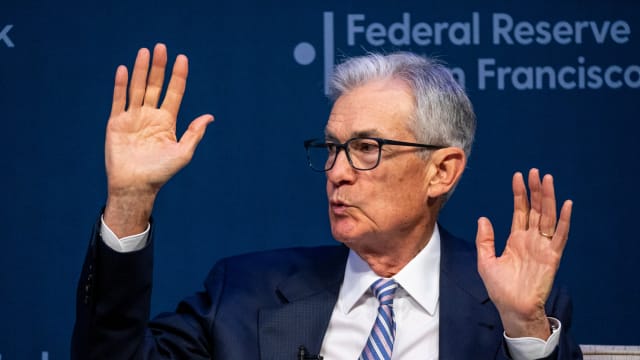
FEDERAL RESERVE Panic: Surprise Rate Hike Slams Main Street and Wall Street
— The Federal Reserve shocked everyone late Thursday by raising interest rates by 0.5 percentage points. Wall Street did not see this coming. Inflation is stuck at 4.8%, more than twice what the Fed wants, so they acted fast. Chair Jane Collins called it “a preemptive move to stabilize prices and prevent economic overheating.”
Markets went wild after the news, swinging up and down as investors worried about a possible recession but hoped for some stability. This rate hike means higher borrowing costs for families and businesses right away — mortgages, car loans, and credit cards will all get more expensive.
The Fed said rising prices at the store and bigger paychecks forced their hand, even though growth is already slowing down. They warned there could be even more hikes this year if inflation stays high.
Everyday Americans are caught in the middle as both Main Street shoppers and Wall Street investors face an uncertain future with these new changes from Washington’s top bank.;

FERTILITY CLINIC Bomber’S Accomplice Caught: Chilling Plot Shocks America
— Federal agents arrested Daniel Park, a man from Washington state, at JFK Airport. He is accused of helping plan and supply chemicals for the deadly bombing at a Palm Springs fertility clinic in May. Authorities say Park worked with Guy Edward Bartkus, the bomber who died in the blast, after meeting him on online forums that opposed human procreation.
Investigators claim Park stockpiled ammonium nitrate for years before sending it to Bartkus. He later traveled to California to help test bomb-making methods with him. The FBI found an “explosive recipe similar to the Oklahoma City bombing” at Park’s home near Seattle.
Park fled to Poland just four days after the attack but was extradited back and arrested Tuesday night when he landed at JFK Airport in New York.;U.S. Attorney Bill Essayli called the bombing an act of terrorism that destroyed the clinic and damaged nearby buildings.
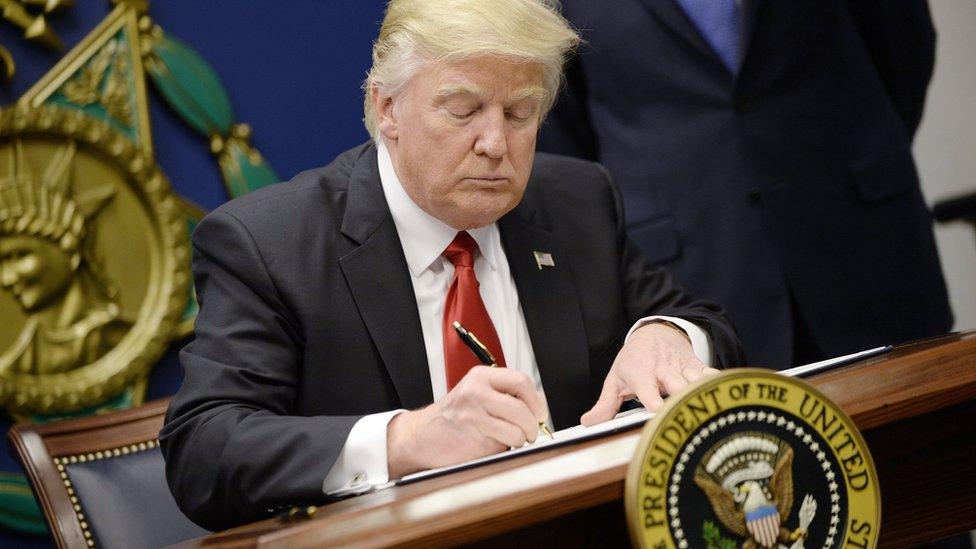
TRUMP’S Bold Travel BAN Returns: Safety Fears Ignite as 12 Countries Blocked
— President Trump is bringing back a travel ban on 12 countries. This echoes one of his most talked-about policies from his first term. The new rules start at 12:01 a.m. Monday, giving travelers and airlines time to prepare and avoid the confusion that happened in 2017. The Supreme Court already backed Trump’s power to enforce these bans, so he stands on strong legal ground.
The ban covers Afghanistan, Myanmar, Chad, Republic of Congo, Equatorial Guinea, Eritrea, Haiti, Iran, Libya, Somalia, Sudan and Yemen. Seven other countries — Burundi, Cuba, Laos, Sierra Leone, Togom Turkmenistan and Venezuela — will face tougher checks but are not fully banned.
North Korea and Syria are left out this time even though they were included before. Officials say these steps are needed for national security and to protect America’s borders.
Governments hit by the ban want answers from Washington as they get ready for changes. Supporters of Trump say this move will help keep Americans safe by blocking entry from dangerous regions around the world.

MIDWEST KILLER Fear: Police Race to Stop Brutal Attacks
— Police in Missouri, Illinois, and Indiana are on high alert as they hunt a suspected serial killer linked to five murders in three months. The most recent victim, a 29-year-old woman from St. Louis, was found dead on June 2. She showed signs of strangulation and blunt force trauma.
Investigators say the suspect is a man in his late 30s or early 40s with a violent past. All attacks happened near public transportation stops and followed the same vicious pattern.
Police agencies are working together and have released a sketch based on what witnesses saw. The FBI has joined the search to help review evidence and track the suspect using surveillance cameras.
Communities across the Midwest are tense as patrols increase and police urge people to stay alert. Anyone with information is asked to contact authorities right away before this dangerous criminal strikes again.

$5 BILLION TECH Deal Shocks Wall Street: SynergyTech’s Bold Move to Dominate AI and Cybersecurity
— SynergyTech is buying FinSecure for $5 billion, making it one of the biggest tech deals of 2025. This bold move gives SynergyTech more control over artificial intelligence and cybersecurity, especially in the financial world.
FinSecure’s CEO, Lisa Carter, will join SynergyTech’s executive team. Even after the buyout, FinSecure will keep its name as it becomes part of SynergyTech’s lineup. The deal should close by late 2025 if regulators give the green light.
Experts say this could change how banks and financial companies protect against hackers. With cyberattacks rising every year, many believe this is a smart answer to growing dangers in online banking and digital payments.

SUPREME COURT Delivers Huge WIN for Trump on Migrant Protections
— The Supreme Court just handed President Trump a major victory by allowing his administration to end special legal protections for certain migrant groups. This move could mean rolling back programs like DACA, which protected people brought to America as children.
Conservatives and many Republican leaders are celebrating this decision. They say it puts power over immigration policy back where it belongs — with the president, not unelected judges or activist groups.
On the other side, Democrats and immigration activists are upset. They warn that thousands of migrants could lose their legal status and face an uncertain future in the U.S.
This ruling comes as immigration is shaping up to be a key issue in the 2025 mid-term elections. Expect heated debates across Washington and around kitchen tables nationwide in the months ahead.
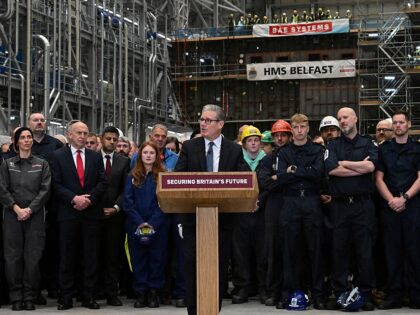
UK DEFENSE SPENDING Hike Ignites Fury Over National Security
— The UK is set to raise its DEFENSE spending from 2.3% to 2.5% of GDP by 2027, aiming for 3% in the next decade. Prime Minister Keir Starmer announced the plan Monday, calling for the “biggest armed forces pay rise in 20 years,” new weapons factories, and more money for nuclear and missile defense.
Conservatives say this move comes too late and doesn’t go far enough with threats like Russia on the rise. Others worry about how Britain will afford it — will taxes go up or will other services get cut?
Starmer claims his plan means “peace through strength,” a message familiar to conservatives. He also says more military spending will create jobs, using arguments from both sides of politics.
Military leaders aren’t convinced this promise is enough to scare off enemies or if it just looks weak until all the money arrives — possibly not until well into the next decade.

OPENAI’S $40 Billion WIN: Why This Shocking AI Surge Should Worry You
— OpenAI just pulled in a jaw-dropping $40 billion funding round, led by SoftBank Group. The company’s value now sits at an unbelievable $300 billion. Investors are pouring money into artificial intelligence, hoping to speed up new breakthroughs and lock in control of the future.
This massive cash grab will help OpenAI build even bigger tech systems and push deeper into AI research. While some see this as progress, others worry about Big Tech gaining too much power over our lives.
Elsewhere, IDBI Bank is seeing profits soar — up 31% this quarter — and is attracting big bids as the Indian government looks to sell at a premium price.
Other headlines include investors filing claims against Cetera Advisor Networks for risky trades and Hexa Finance naming Jason Davies as Operations Director. The ESG Awards also named their 2025 finalists for social responsibility — but nothing comes close to OpenAI’s stunning fundraising news today.

— Crypto Market Shock: CryptoNet, one of the largest exchanges, has frozen all withdrawals amid fears of hacking or insolvency. The move has sparked global panic and raised concerns over liquidity and security.

CHINA’S $20 Billion Tech Boom: Alarming Surge Fueled by Government Handouts
— China’s digital sales have exploded to $20 billion in just four months. This massive jump is driven by heavy government handouts aimed at boosting online commerce and tech growth.
Beijing is pouring money into digital infrastructure, electronics, and internet services. Their goal? To make Chinese tech firms stronger and push their influence around the world.
This fast growth could shake up global supply chains. American companies now face stiffer competition as China props up its own businesses with taxpayer cash.
Conservatives warn that letting China expand unchecked puts U.S. jobs and security at risk. They urge leaders to put American innovation first instead of letting foreign subsidies win the day.

UK TRAFFIC PLAN Sparks Outrage: £1 Billion Gamble or Needed FIX?
— The UK government just revealed a £1 billion plan to dig 20 miles of tunnels under a major city. Leaders say this will ease traffic and help people get to work faster. But the news set off a firestorm among local residents and environmental groups.
Many critics warn the tunnels could damage the environment. They also question if taxpayers should pay for such an expensive project, especially now. Some lawmakers are worried about how much it will cost to keep up these tunnels in the years ahead.
Backers argue that big infrastructure is needed to keep cities running smoothly. But opponents see it as wasteful spending when families are already feeling squeezed by high prices and taxes.
This fierce debate shows how divided Britain is over fixing traffic problems — and whether massive projects like this really help or just create new headaches for everyone else.

— US Credit Rating Downgraded Amid Rising Debt Concerns Economists warn that the downgrade could raise borrowing costs and slow growth, while a terrorist attack near a California fertility clinic linked to anti-pro-life writings caused damage but no casualties
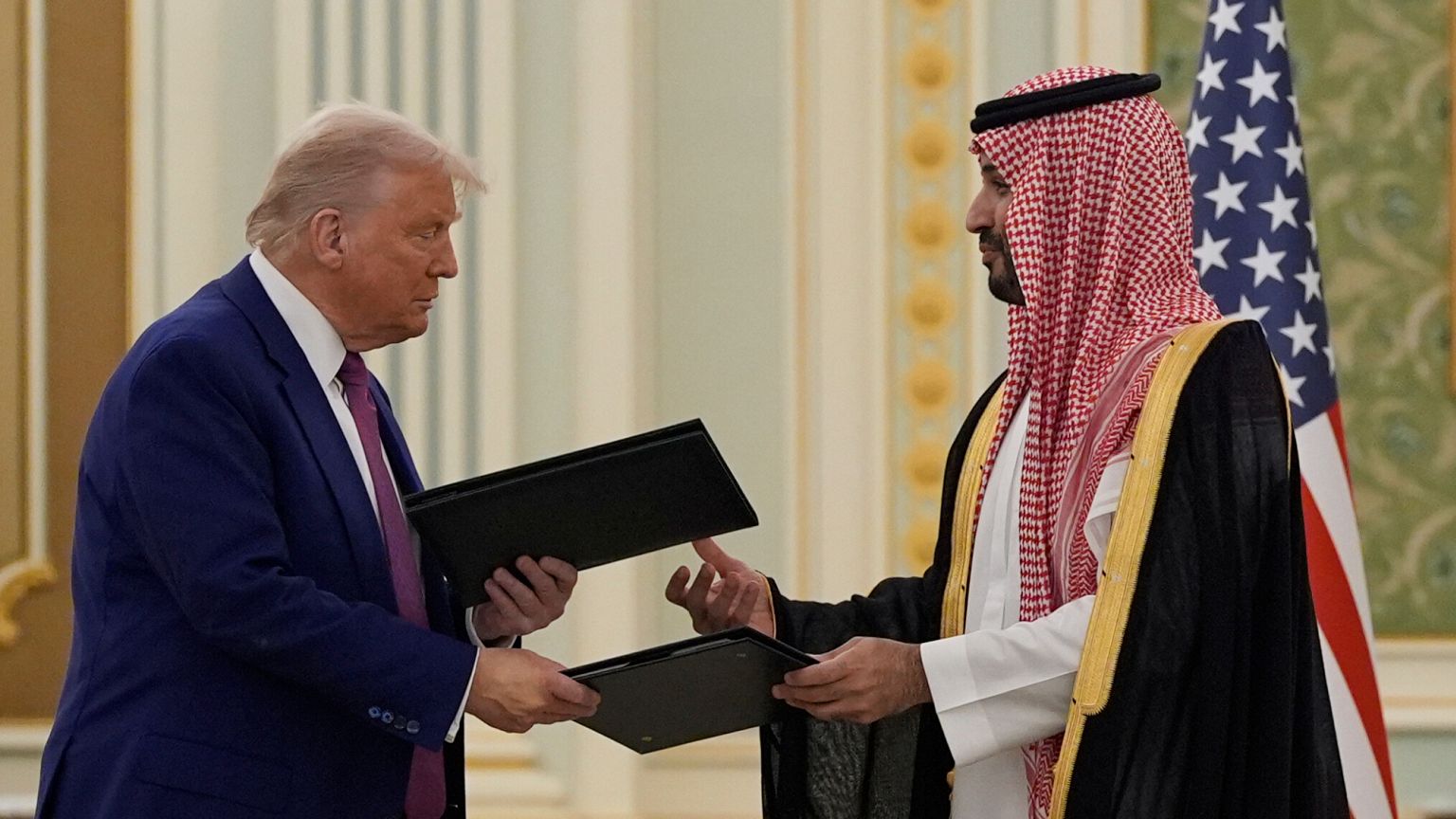
TRUMP’S $142 Billion Saudi Deal Ignites Fury And Hope In Middle East
— Former President Donald Trump is making waves again with a massive $142 billion arms deal with Saudi Arabia. During his visit, Trump also said he wants to lift some U.S. sanctions on Syria. These bold moves signal a big change in America’s Middle East strategy and show stronger defense ties with Saudi Arabia.
Trump’s actions are getting worldwide attention. Supporters say this could help the U.S. rebuild trust with important allies and push back against weak foreign policy from the Biden administration.
Critics worry about the risks, but many conservatives see this as putting America first and standing up for our interests overseas.
In other news, a British man was freed after 38 years in prison for a crime he didn’t commit, raising calls for legal reform in the UK. In America, Sean “Diddy” Combs faces trial on sex trafficking charges, Newark Mayor Ras Baraka was arrested at an ICE protest, and California Governor Gavin Newsom announced new homelessness policies that are already stirring debate.

TRUMP’S $142 Billion Saudi Deal Ignites Hope And Power For US Workers
— President Trump has landed a historic $142 billion defense deal with Saudi Arabia, the biggest in American history. The agreement, signed in Riyadh with Crown Prince Mohammed bin Salman, gives the Saudis advanced U.S. military technology and strengthens our alliance during tense times in the region.
Saudi Arabia isn’t just buying weapons — they’re investing big in America too. DataVolt is putting $20 billion into new AI data centers and energy projects here at home. The Crown Prince even promised up to $1 trillion more for future investments, which could mean two million new jobs for Americans.
Trump highlighted how this partnership helps both our economy and national security during his Middle East trip. The White House called it a boost for U.S. jobs and safety as Iran’s nuclear threats and fighting in Gaza keep the region on edge.
The signing ceremony was full of pageantry, showing off a fresh start between Washington and Riyadh. Many conservatives see this as a big win for American workers and our country’s influence around the world.

$18 BILLION Tariffs SHOCK China: Biden’s Risky Trade WAR Hits Home
— The Biden administration just hit China with $18 billion in new tariffs. Officials claim it’s a response to unfair trade from Beijing. This move is supposed to get tough on China, but it could mean higher prices for American families and businesses.
Harvard University is now suing the Trump administration over policy disagreements. The details are still coming out, but this shows how elite schools keep fighting against conservative leaders. Many on the right say Harvard pushes a leftist agenda.
World leaders also released a statement about using artificial intelligence in war. They want rules to control AI and keep things safe as technology gets more powerful in the military.
All these stories show how Washington is battling over trade, education, and national security — issues that matter for every American household.
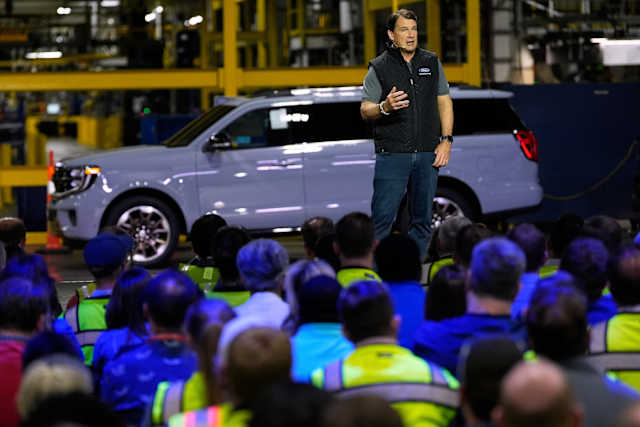
FORD’S $15 Billion Shock: Trump Tariffs Spark Industry Chaos
— Ford Motor Company says it could lose $15 billion, blaming President Trump’s tariffs for the hit. The company has pulled its yearly financial forecast, warning that the entire auto industry might face over $100 billion in losses. Ford once hoped to earn up to $8.5 billion in 2025, but those plans are now on hold.
To fight back, Ford is rerouting cars between Mexico and Canada to dodge some of the new taxes. Even with these moves, leaders at Ford say trade fights are shaking up markets and scaring off investors.
This big loss comes from Trump’s “America First” trade plan. While it aims to protect American jobs, some companies say it’s causing trouble not just for car makers but other businesses too.
Videos online show Ford struggling as tariffs bite hard into profits. Many worry this is only the start of bigger problems for U.S. manufacturing if trade battles continue.

FORD’S $15 Billion Trade WAR Shock: How Trump’s Tough Tariffs Rattled the Auto Giant
— Ford Motor Company just hit the brakes on its earnings forecast. The company says tariffs from President Trump’s trade war could cost Ford a whopping $15 billion. Profits have already dropped 64% in the first quarter, and Ford blames these tariffs for most of the pain. Other carmakers may face over $100 billion in extra costs too.
To dodge some of these fees, Ford started sending cars from Mexico to Canada using special bond carriers. This helps avoid certain tariffs but doesn’t solve everything. By suspending its guidance, Ford is telling investors things are shaky and uncertain.
The Federal Reserve chose not to raise interest rates this time. Leaders pointed to risks from trade fights and older tariff rules as reasons for their caution. Big banks like Goldman Sachs also warned about possible trouble ahead for Wall Street.
There is some good news for global trade, though. A fresh deal between the U.S. and UK will remove steel and aluminum tariffs while cutting car taxes down to 10%. This agreement — first set up under President Trump — could help cool off some tensions even as other problems remain unsolved.

US and ISRAEL REJECT $53 Billion Gaza Plan: A Bold Stand or Missed Opportunity?
— Egypt proposed a $53 billion plan to rebuild Gaza, gaining broad support but facing rejection from the U.S. and Israel. The White House criticized the plan, stating it ignores complex realities on the ground. Palestinians in Gaza strongly oppose any attempts to displace them, with some international voices warning forced relocation could be seen as ethnic cleansing.
U.S. HALTS Intelligence Sharing with UKRAINE: A New Era of European Uncertainty
The United States has stopped sharing intelligence with Ukraine amidst growing tensions in Europe. French President Macron cautioned Europe to prepare for a scenario where America might not be an ally anymore. Meanwhile, Sir Keir Starmer expressed readiness to deploy military resources for peace efforts in Ukraine at a recent defense summit.

BATTERY Giant’s SHOCKING Exit: $26 Billion Georgia Plant Scrapped
— A battery company has scrapped its plan for a $2.6 billion manufacturing plant in Georgia, sparking concerns about the future of electric vehicle (EV) production. This decision raises questions about the local economy and job market, which were expected to thrive from this project.
Details are limited, but the move follows struggles within the battery production sector. The plant was supposed to be a major supplier for EVs as part of a global shift toward sustainability and green technology.
Industry experts wonder if this decision will affect EV demand in Georgia and create challenges for other manufacturers expanding in the U.S., possibly impacting investments and economic growth in regions relying on such projects.
As events progress, stakeholders will keep a close watch on the viability of large investment projects linked to renewable energy and EV industries across America.

BIDEN’S $100 BILLION AID Plan: What It Means for America’s Future
— Congress has approved over $100 billion in emergency aid after a rush to finalize a government spending bill. This funding responds to hurricanes Helene and Milton, which caused major damage in the southeastern United States. President Joe Biden signed the bill, ensuring federal operations continue through March 14.
The disaster relief package covers more than just hurricane damage. It includes funds for rebuilding the Francis Scott Key Bridge in Baltimore, which collapsed after being hit by a container ship. The bill faced delays due to demands from President-elect Donald Trump, but Republicans passed a streamlined version without his key requests.
The Federal Emergency Management Agency (FEMA) will manage much of this funding through its disaster relief fund. This fund helps reimburse states and local governments for expenses like debris removal and overtime for emergency personnel during disasters. The aid aims to support recovery efforts across affected regions efficiently and promptly.

WORLD’S Largest Gold Discovery: China’s $83 Billion Treasure Unearthed
— Geologists in China have uncovered what is being called the largest gold deposit in the world. The find, located in Pingjiang County, Hunan Province, is valued at $83 billion. This discovery was made about 12 miles beneath the surface and includes 40 gold ore veins with a total of 300.2 tons of gold resources.
The Hunan Academy of Geology suggests there could be over 1,000 tons of gold reserves at depths beyond 3,000 meters. This major find highlights China’s position as the world’s top gold producer, contributing around 10% to global output in 2023.
This discovery comes amid rising bullion prices and growing interest in gold investments worldwide. As markets react to this news, it could heavily influence global economic strategies and investment trends.

Video
UK MIGRATION COLLAPSE Stuns Critics as Conservative Policies WIN
— Net migration to the UK has dropped sharply, falling from 860,000 in 2023 to just 431,000 by December 2024. This big change follows years of public calls for stronger border control and ends a period of record-high immigration.
The drop is linked to tougher visa rules set by the previous Conservative government. More people are also leaving Britain for jobs abroad. Fewer arrivals from refugee programs and foreign students going home have helped bring numbers down even more.
Labour leaders now claim credit after taking office in mid-2024. But Conservatives say their policies made this happen. Home Secretary Yvette Cooper points to stricter rules on illegal work and asylum returns as proof of progress, while former Home Secretary James Cleverly says it was Conservative action that turned things around.
Even with lower migration, worries remain about pressure on public services and illegal Channel crossings. The government says new reforms are coming soon and promises UK borders will stay “under control” ahead of the next election.

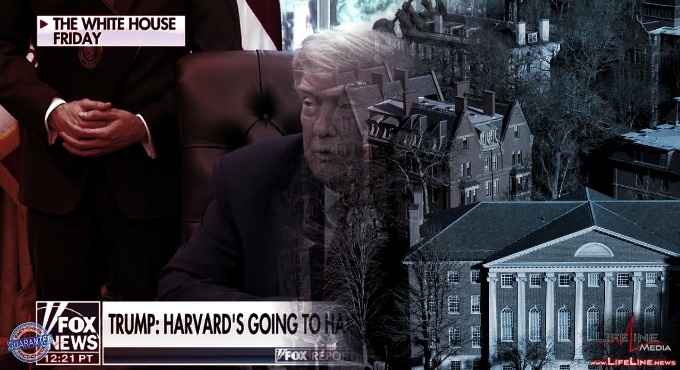



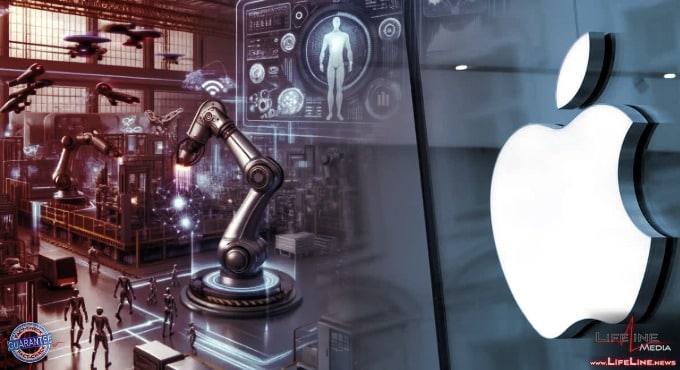
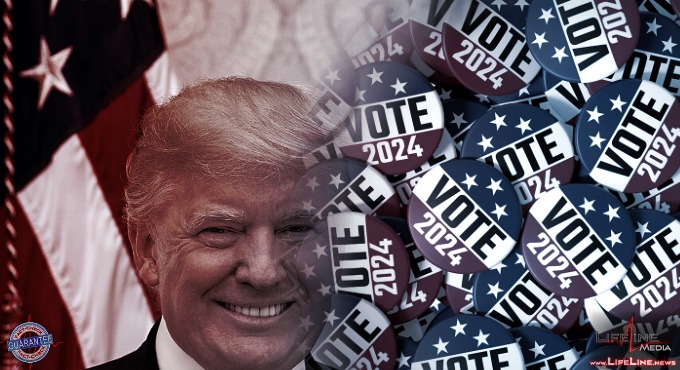
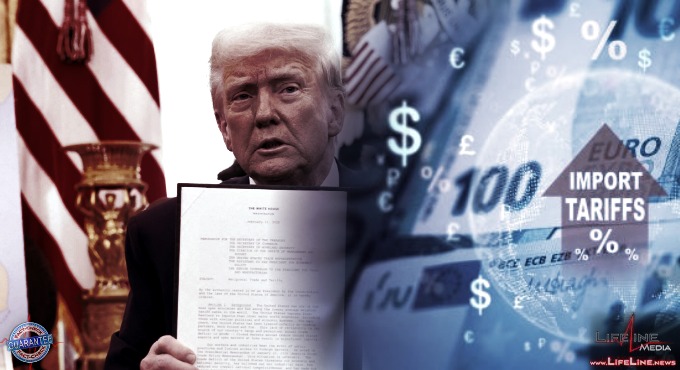



Social Chatter
What the World is Saying